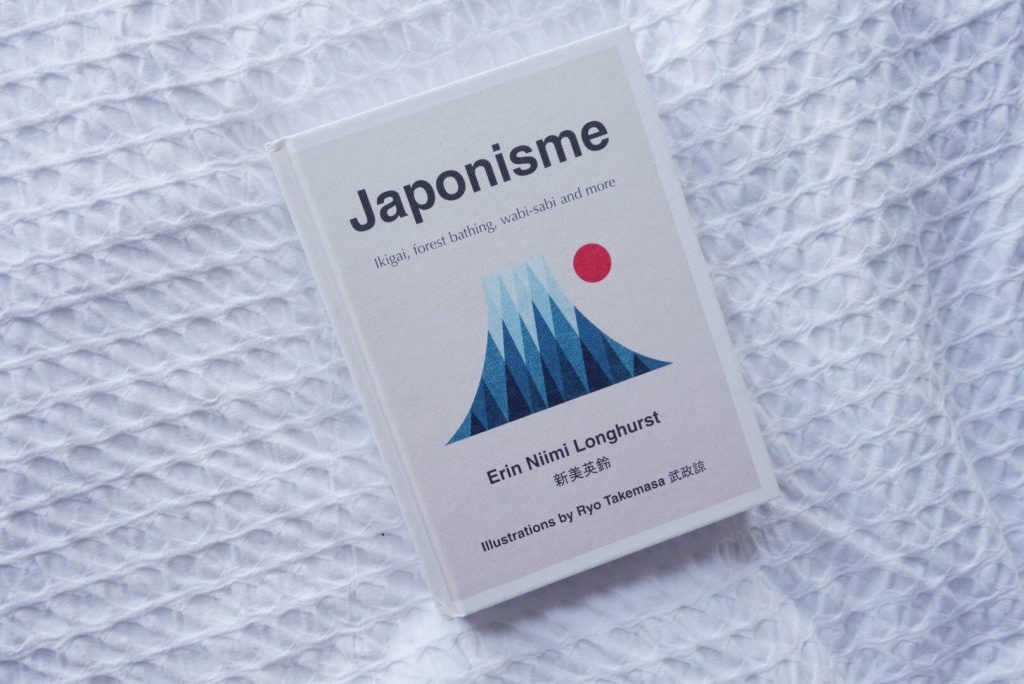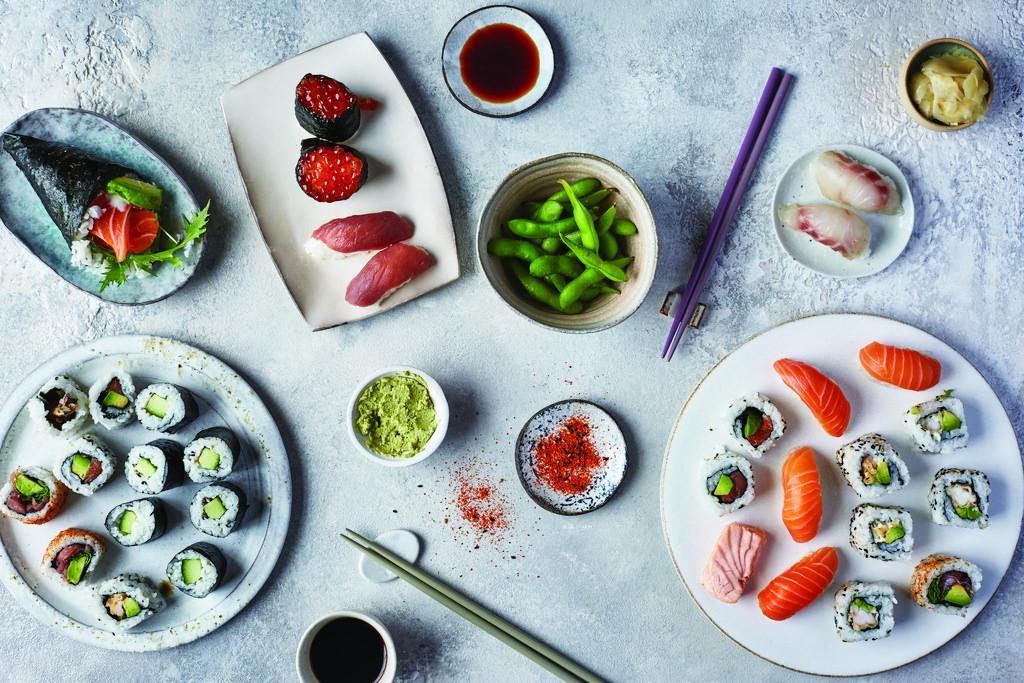Erin Niimi has released a book, Japonisme, which she hopes will bring new and beautiful things to her readers (the characters of Erin’s surname translate as new and beautiful). We were lucky enough to receive an advance copy, as well as speak with her about her debut as an author (discover what one Japanese food she thinks everyone should try… and it’s not sushi!)

Japonisme isn’t only a book, but a crafted work of art thanks to illustrations by Ryo Takemasa, as well as a delightful collection of insights and teachings into incorporating the best of Japanese culture into your life.
I call this book delightful because it really is gorgeous; not only to read, but to hold, to flick through and to look at. It’s the kind of book which looks approachable and the first thing my husband said when I showed it to him was ‘it looks like something you want to pick up’. It’s larger than pocket-size and smaller than your usual book.
There’s a lot in this book to feast your eyes and mind on, from beautiful photography, to thought-provoking quotes and proverbs, to anecdotes from Erin’s cross-culture upbringing. Japan has always been a place which has fascinated me, so it’s interesting to hear about her experiences on a personal level and to gain an insight into the core of Japanese living.
The book is divided into three sections, Kokoro (the heart and mind), Karada (the body) and Shukanka (forming the habit), which ties everything together. I found the first section to contain a lot of concepts which I’m sure many of us can learn from. For example, Kintsugi, which is the art of repairing broken pottery with gold lacquer, can also be translated into a metaphor for life, helping people think about loss, betrayal and valuing flaws and imperfections.

My favourite section – food!
The second section is filled with more practical information, covering topics such as Ikebana (flower arranging), Ocha (tea), Calligraphy and my favourite, Tabemono (food). Whilst I’m not sure I’ll ever have the patience to make my own ramen (I’d certainly be up for giving the nasu dengaku a go), it’s not just about recipes, but the etiquette and traditions too (did you know that you can seriously cause offence if you use your chopsticks in the wrong way?) I remember my father talking about the countless ways a business meeting with Japan could go disastrously wrong, and all because there was a lack of understanding about the etiquette (he spent a lot of time studying Japanese business and social etiquette) so hammered it into me that it was incredibly valuable to understand these small but significant protocols which I find fascinating.
I can guarantee by the time you reach the end of the book, you’ll feel more calm, inspired and motivated (complete with practical tips on how to do this thanks to the last section), to weave small steps towards self improvement into your everyday life. Regardless of whether subjects such as tea or calligraphy are interesting to you, you’ll find the philosophies fascinating.

Kintsugi
Final thoughts
You’ll find parts of it – whether it’s a sentence or two or whole chapters- which will resonate with where you are in your life right now. For me, I clung to the phrase Shoganai, which means ‘it cannot be helped’, reminding me to let go of the things which I can’t change. Whilst you’ll get the most from it by reading it from start to finish, you’ll also get a lot out of it if you’re the kind of person who likes to dip in and out of books. Whether you have a particular interest in Japan or are merely looking for inspiration on how to live a more mindful, content life, you’ll love Japonisme.
Japonisme is published by Harper Collins and is available for £9.99 online and in good bookstores.
Leave a Reply